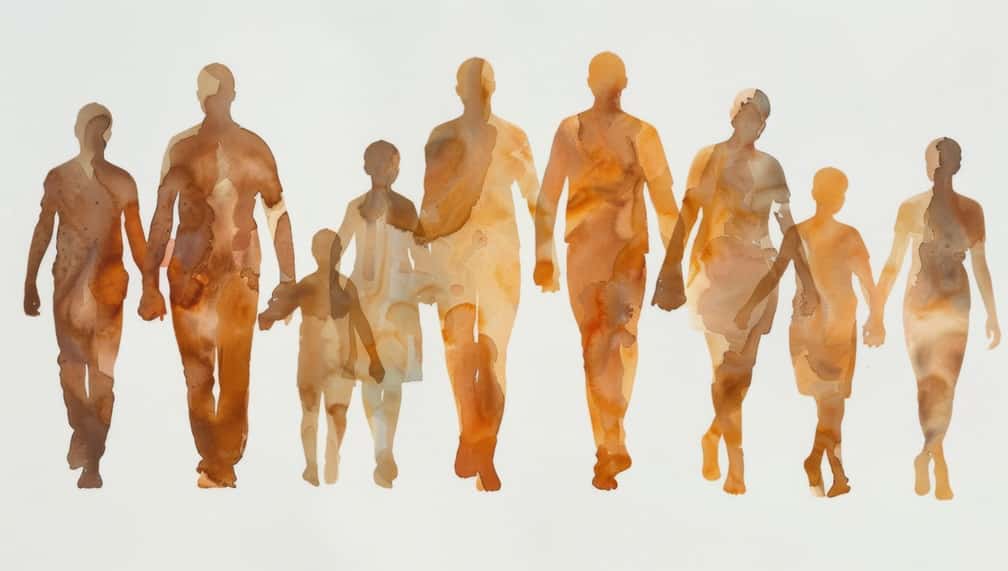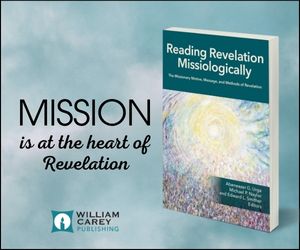EMQ » July – Oct 2024 » Volume 60 Issue 3
Please login to view this content.

Illustration by SKIMP Art, Adobe Stock.
Unity
Summary: Many North Americans are terrified to talk about diversity and mutuality. But we must be willing to talk about this, sit in our discomfort, and put hindering beliefs to death in order to become more of the one body of Christ that we are.
By Carlos Negrón
In Matthew 19:14 Jesus said, “Let the little children come to me, and do not hinder them, for the kingdom of heaven belongs to such as these.” This verse reminds me that children have a way of clearly articulating issues adults can make overly complicated.
So I asked COPILOT, Microsoft’s AI Engine, to generate quotes children might come up with in response to the question “What are diversity and mutuality?” Here’s what it generated (names and ages are fictitious):
- Sofia, Age 6: “Diversity is like a crayon box. Imagine if all the crayons were the same color – boooriiiing! But when you have red, blue, and glittery unicorn, that’s when the magic happens.”
- Oscar, Age 8: “Mutuality? Well, it’s like sharing your cookies. You give me half, and I give you half. And suddenly, we both have a full tummy and a new best friend!”
- Ashlyn, Age 7: “Diversity is when you play with different-shaped blocks. Some are squares, some are triangles, and some are wiggly like worms. But together, they build the coolest castles!”
- Aiden, Age 9: “Mutuality? It’s like a seesaw. You go up, and I go down. We take turns, and everyone gets a chance to fly!”[i]
Many North Americans are terrified to talk about diversity and mutuality.[ii] Walking barefoot over Lego pieces for the rest of your life can feel better than just a 10-minute discussion on these hot topics! Sadly, in the Church, it’s the same. Many fear that discussions about diversity and mutuality could lead to disagreements or divisions. We encounter these issues on the missions field, too. And as we follow Jesus’s command to spread the gospel to all nations, we often enter even more complex landscapes.
People from various cultures, languages, and backgrounds approach everyday challenges differently. When these distinct perspectives collide, it creates conflicts but also opportunities for growth. This is difficult to avoid in the Church, and impossible to ignore on the mission field. We must be willing to talk about this, sit in our discomfort, put hindering beliefs to death, and seize these chances to become more of the one body of Christ that we are.
Member-Only Access
Evangelical Missions Quarterly (EMQ) is available to Missio Nexus members as a member-only benefit or as a digital subscription.
Please login to gain access or join Missio Nexus!








